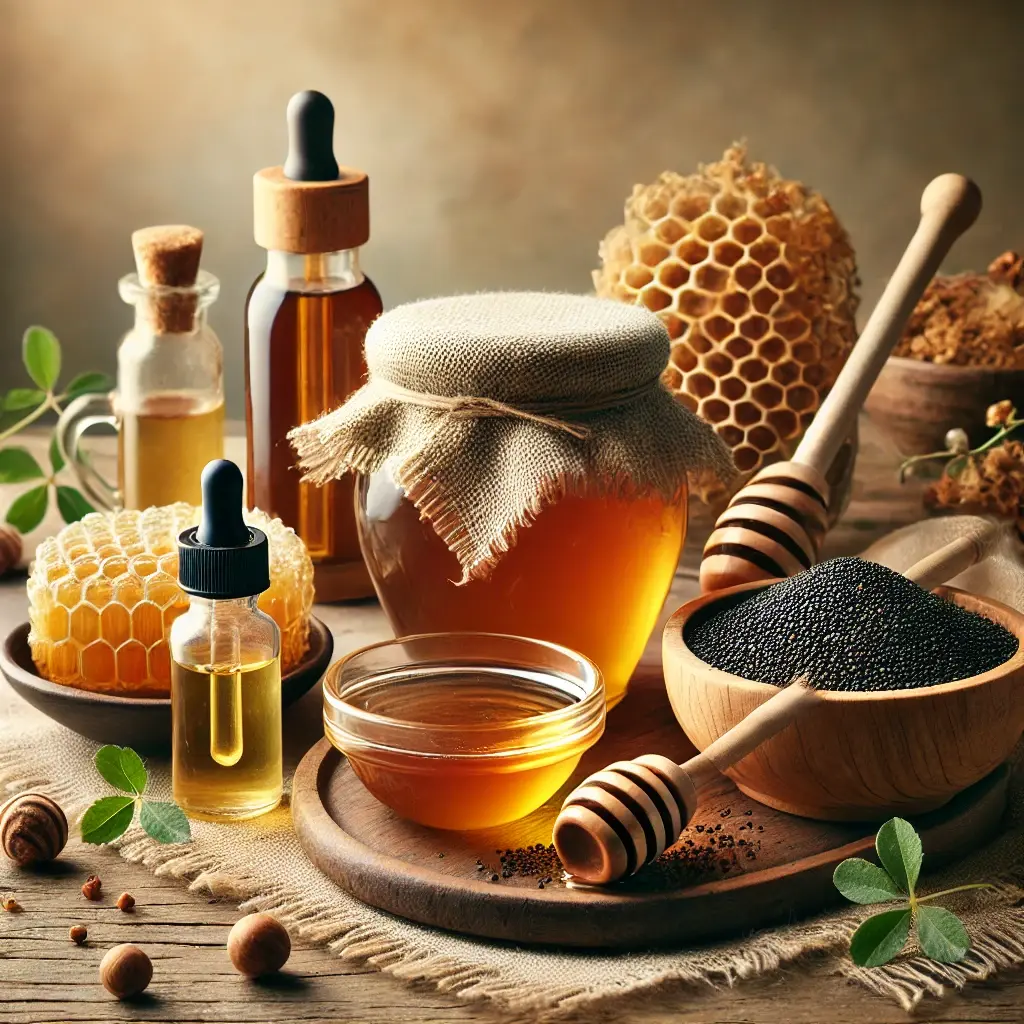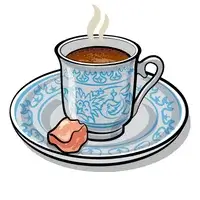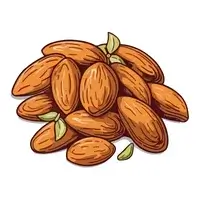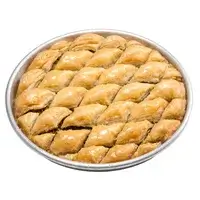Why Use a Wooden Spoon for Honey?
- Heat Transfer: Unlike metal spoons, wooden spoons do not transfer heat effectively. This allows you to stir or measure honey without significantly increasing its temperature. Metal spoons can heat the honey, potentially affecting its flavor.
- Chemical Reaction: Wooden spoons do not react chemically with honey, unlike some metals which can interact with the natural acids in honey, altering its taste or quality.
- Texture and Application: Wooden spoons generally have a gentler texture, allowing honey to be stirred without disrupting its structure. Additionally, the surface of wooden spoons helps honey adhere easily, making them useful for measurement and application.
In summary, these characteristics of wooden spoons provide significant advantages in preserving honey’s quality.
Why Should You Use a Boxwood Spoon?
- Healthy: Boxwood spoons are health-friendly and do not release harmful substances when they come into contact with food, unlike chemically coated wooden spoons.
- Durable: Boxwood is very hard and durable, making these spoons long-lasting and resistant to cracking or breaking.
- Odorless: Boxwood does not impart any smell or taste to food, which is especially advantageous for delicate dishes.
- Aesthetic: Boxwood spoons offer an elegant appearance and smooth texture, enhancing the visual appeal and tactile experience.
- Easy to Clean: The smooth surface of boxwood spoons makes them easy to clean and maintain hygiene.
- Craftsmanship: Each spoon is a product of careful craftsmanship and artisanal skill, giving each piece a unique character.
- Antibacterial: The natural properties of boxwood help prevent bacterial growth.
Care and Cleaning:
- After use, wash your strainer spoon with lukewarm water and mild dish soap. Avoid harsh cleaning agents.
- Do not expose to excessively hot water or put in the dishwasher, as this can affect the durability of the spoons.
- Boxwood tends to revert to its natural form and may warp. If you notice any warping, placing the spoon between damp cloths for 6-10 hours should be sufficient.
- No varnish or similar protective coating has been applied. For maintenance, re-oil the spoon approximately every 3 months when its color changes from yellow to white. (Olive oil is recommended for re-oiling.)
Note: As each strainer spoon is made from natural materials, slight variations in color and pattern may occur.
Warning: In recent years, especially from the Far East, tree spoons and combs are often varnished and factory-made, which makes them cheaper but not necessarily healthy. Boxwood spoons offer a natural and healthy alternative.
The Boxwood Strainer Spoon was registered with the Turkish Patent and Trademark Office by the Sakarya Chamber of Commerce and Industry in 2021.
 All Campaigns
All Campaigns Geographical Indication ProductsStaple FoodsMeat ProductsKitchen and DiningHome TextileGiftVariety Packs & Sets
Geographical Indication ProductsStaple FoodsMeat ProductsKitchen and DiningHome TextileGiftVariety Packs & Sets Staple Foods
Staple Foods Pastry
Pastry Special Nutritions
Special Nutritions Kitchen & Dining
Kitchen & Dining Home Textile
Home Textile Clothing
Clothing Personal Care & Hygiene
Personal Care & Hygiene Bath & Shower
Bath & Shower Gift
Gift Variety Packs & Sets
Variety Packs & Sets




















